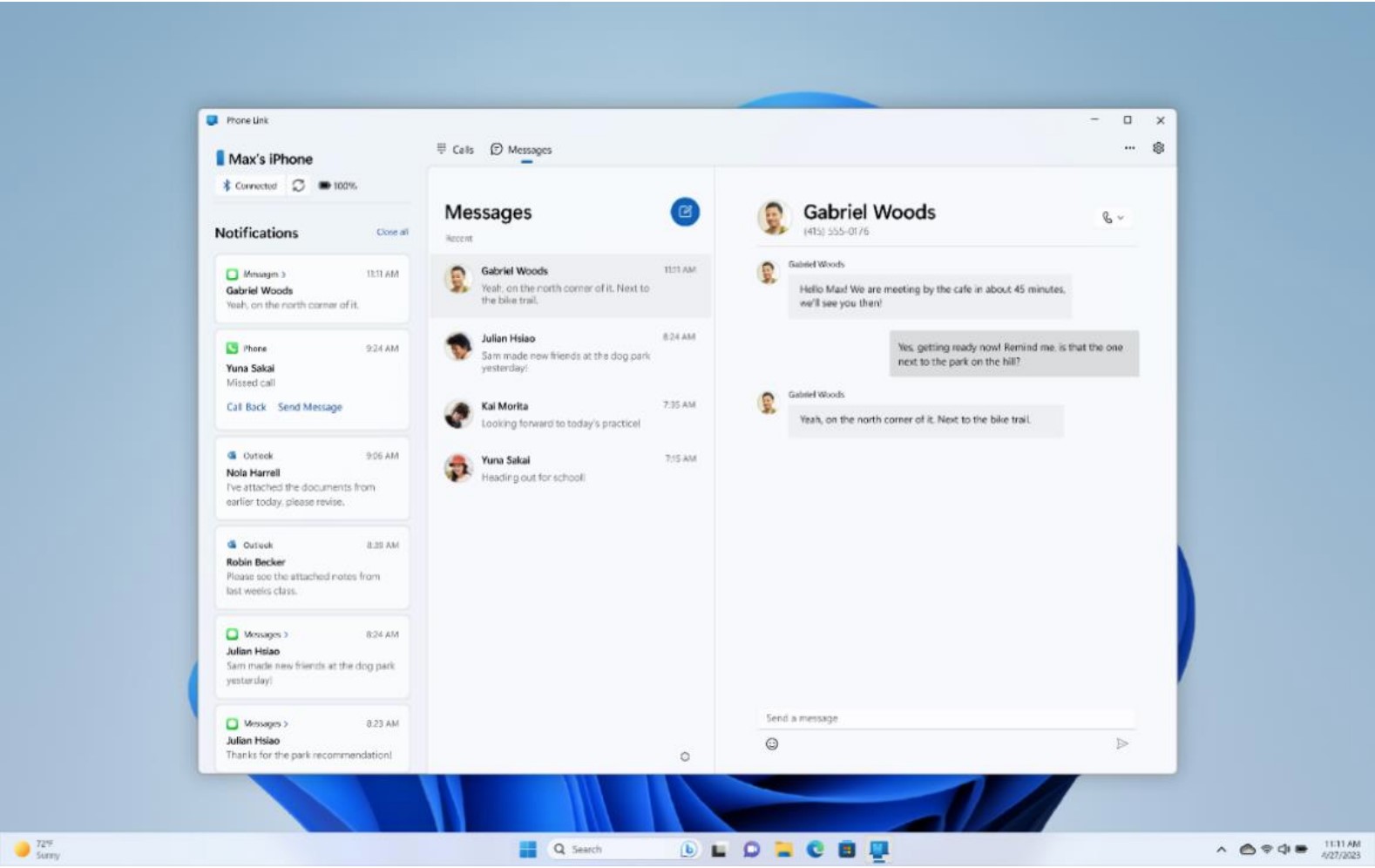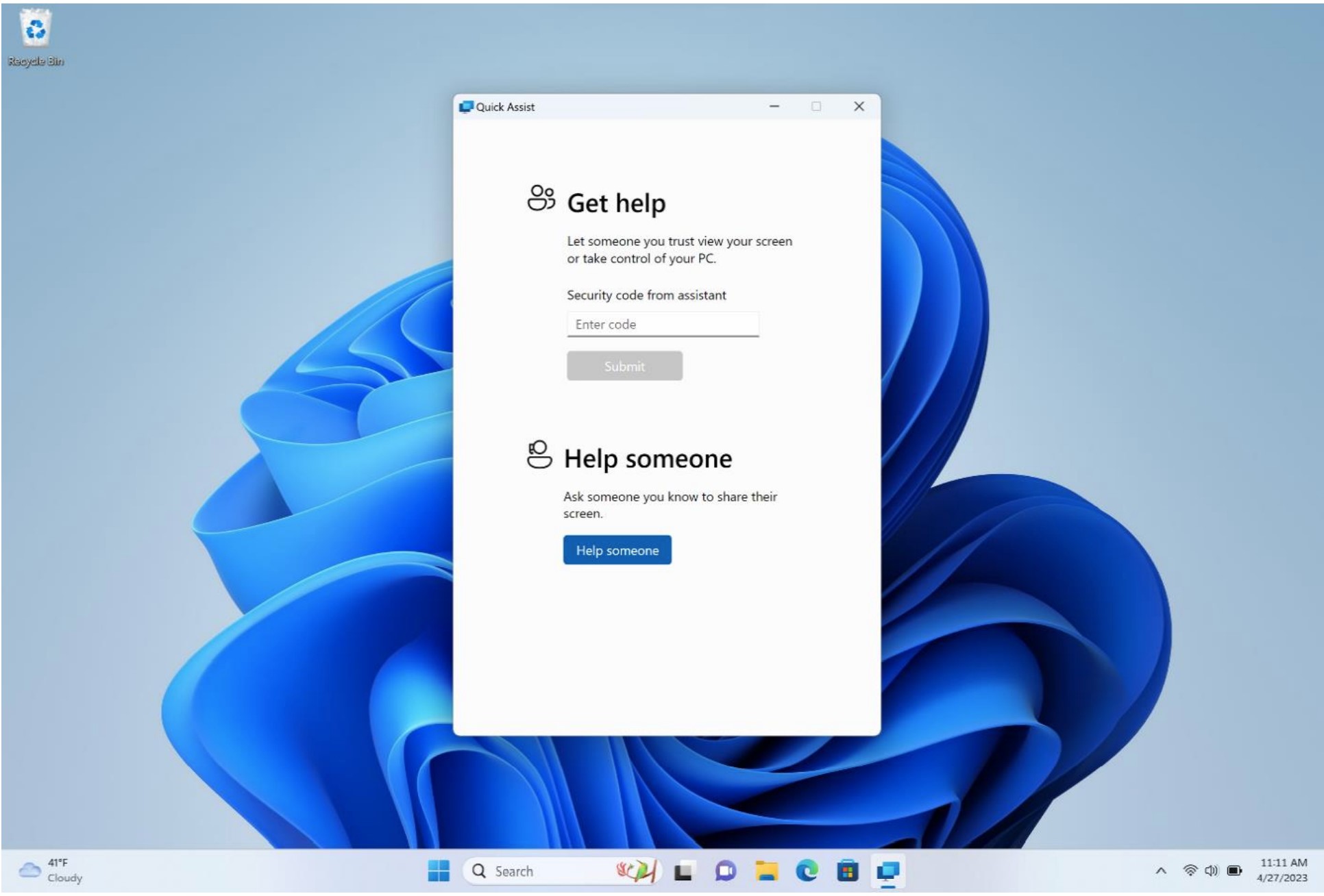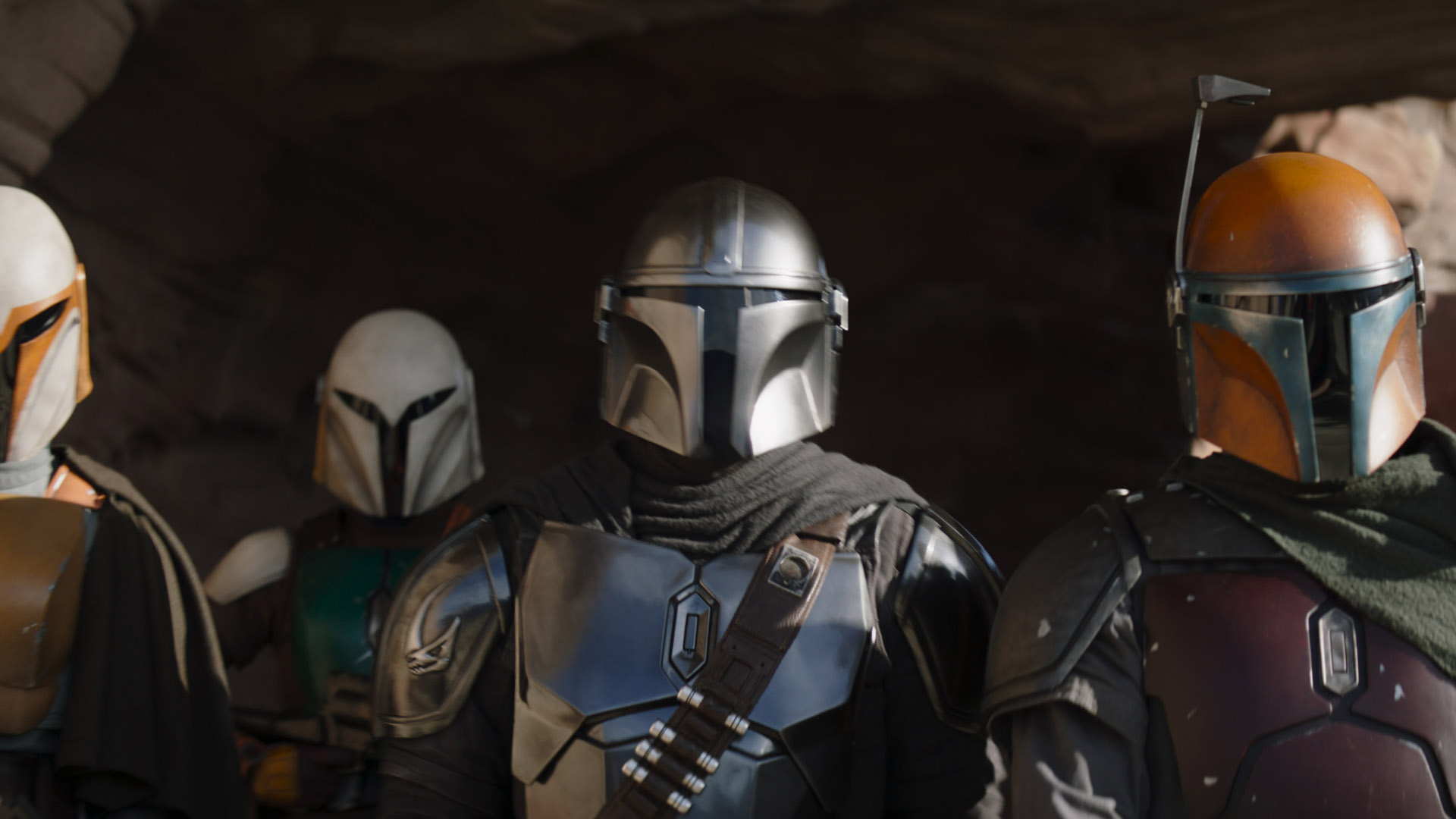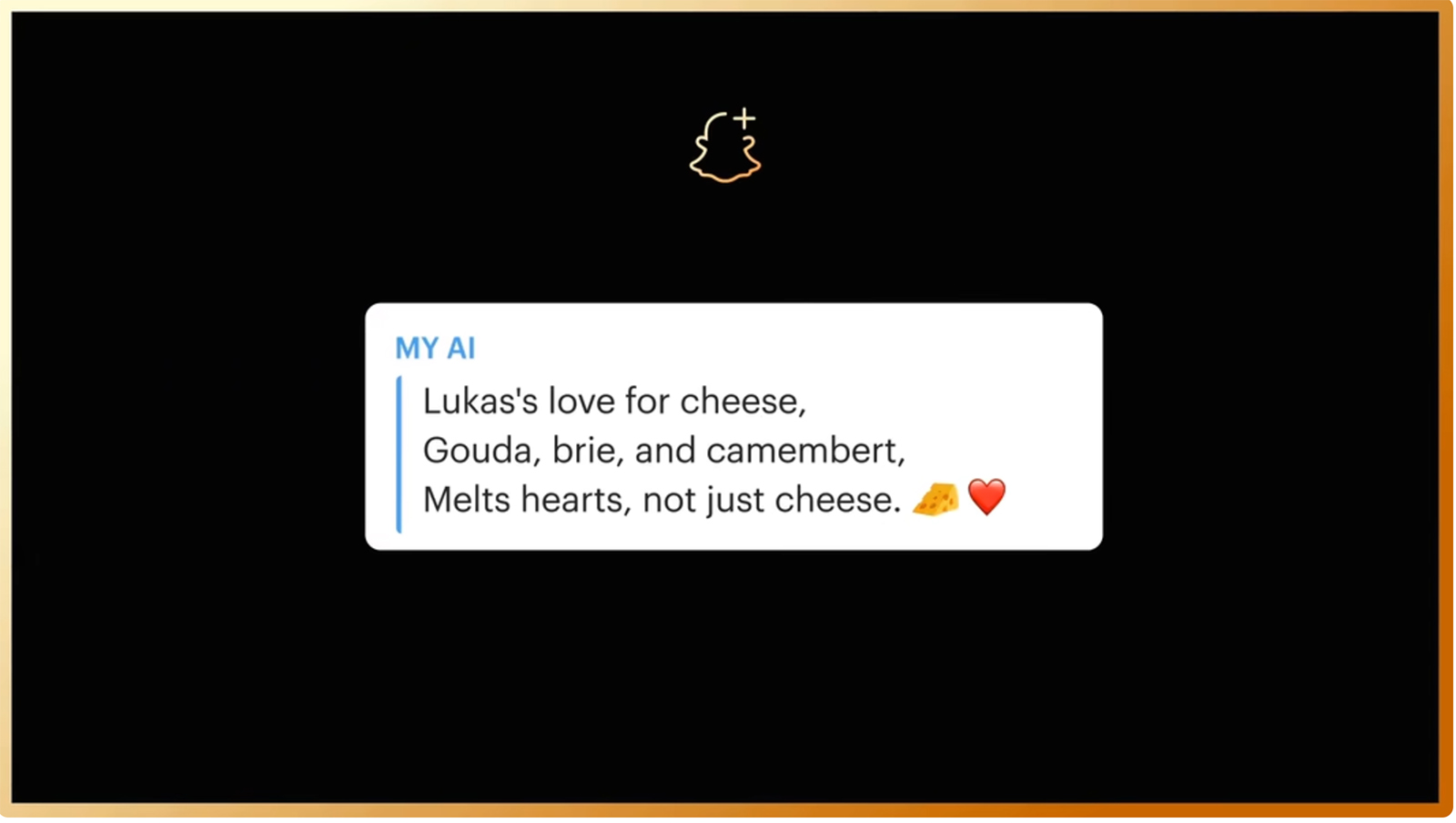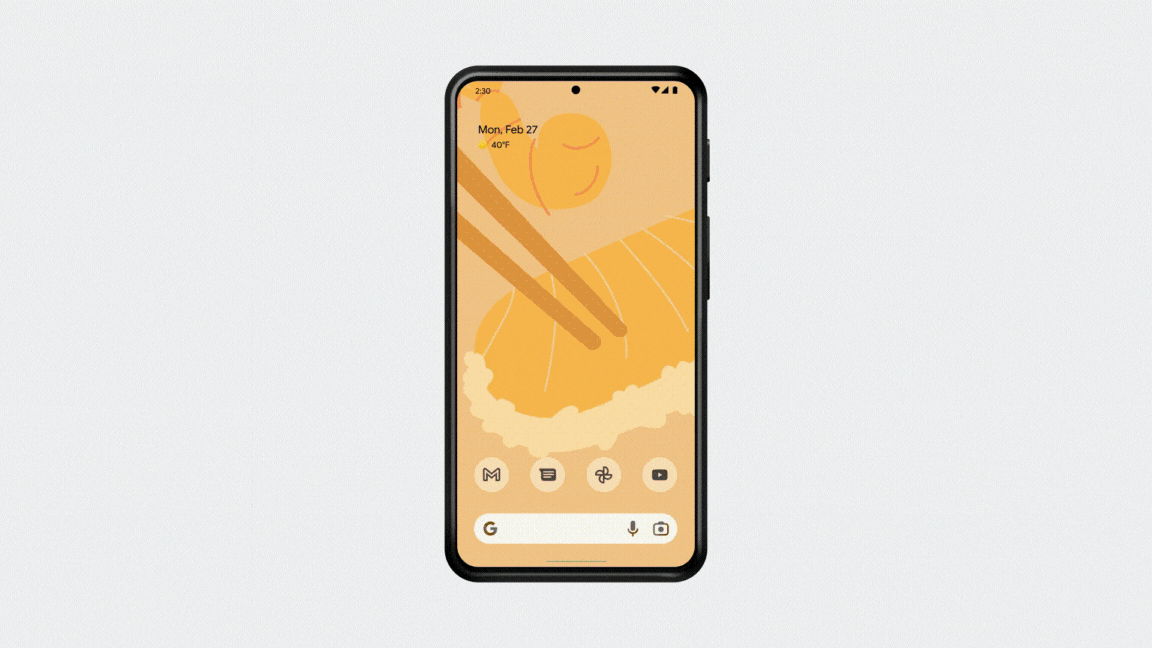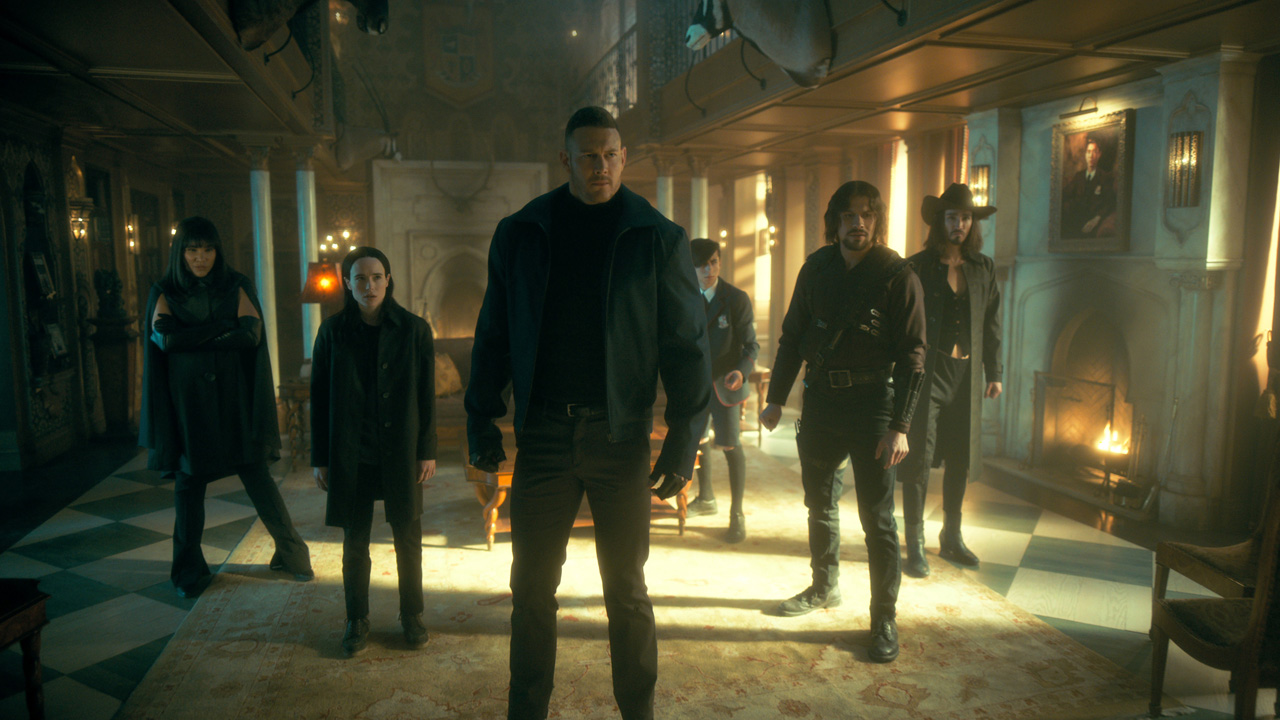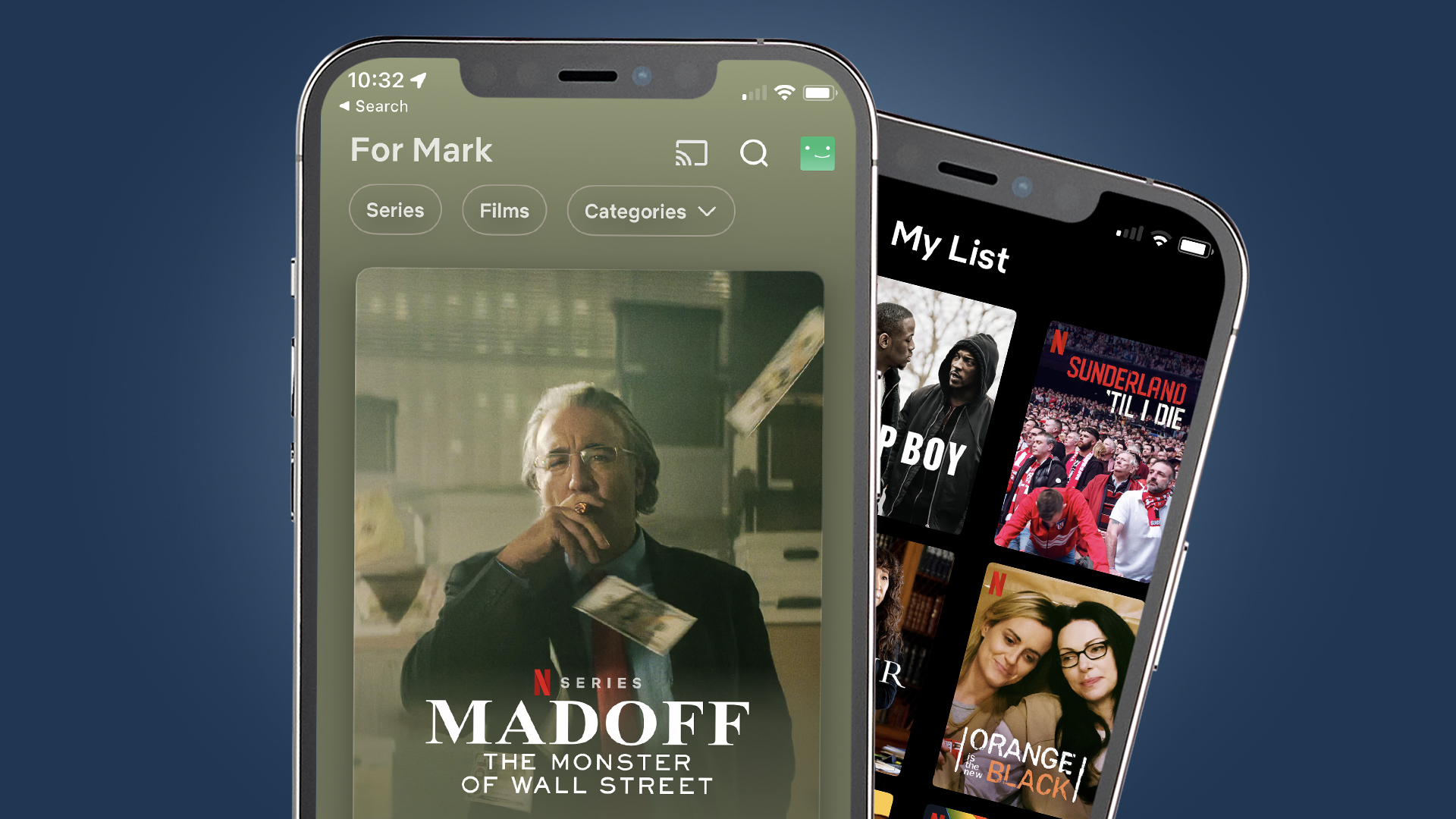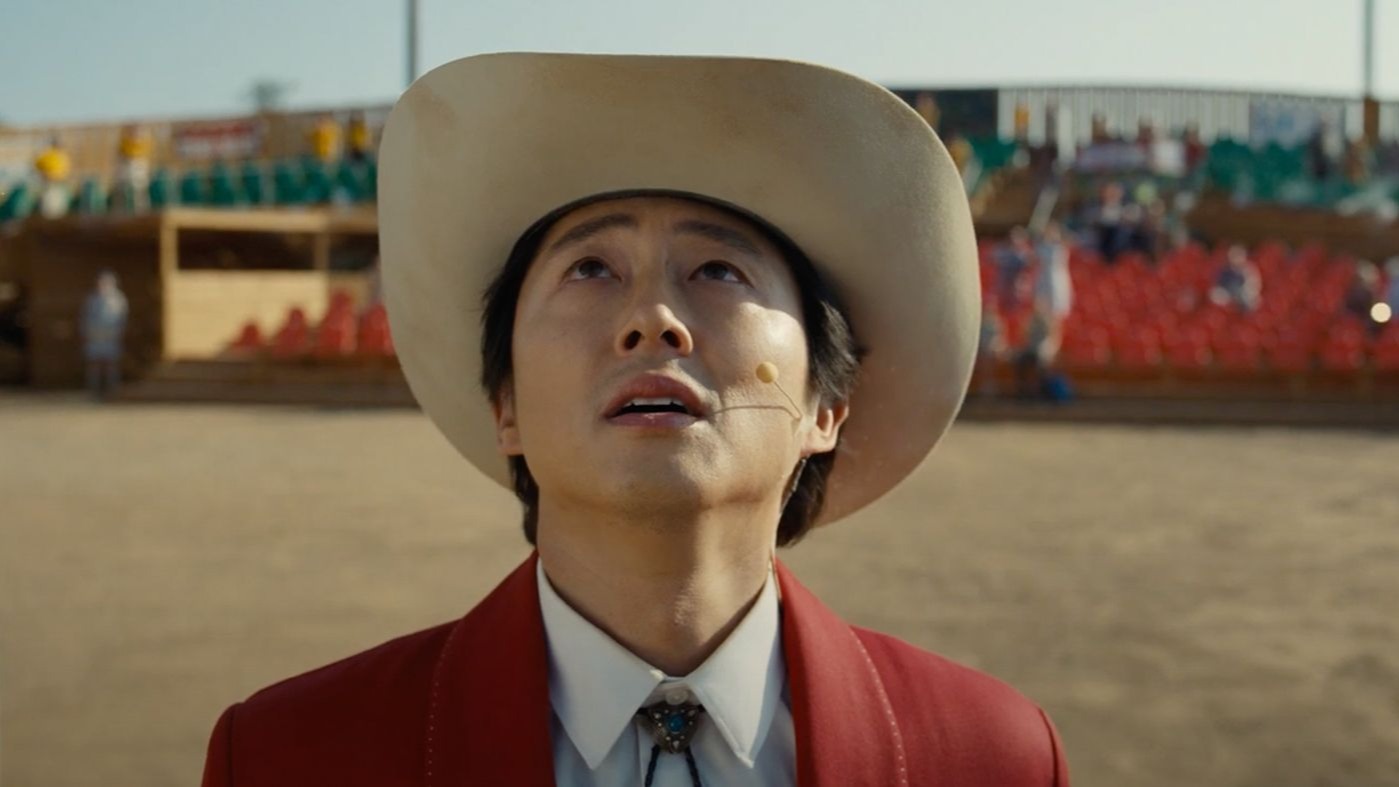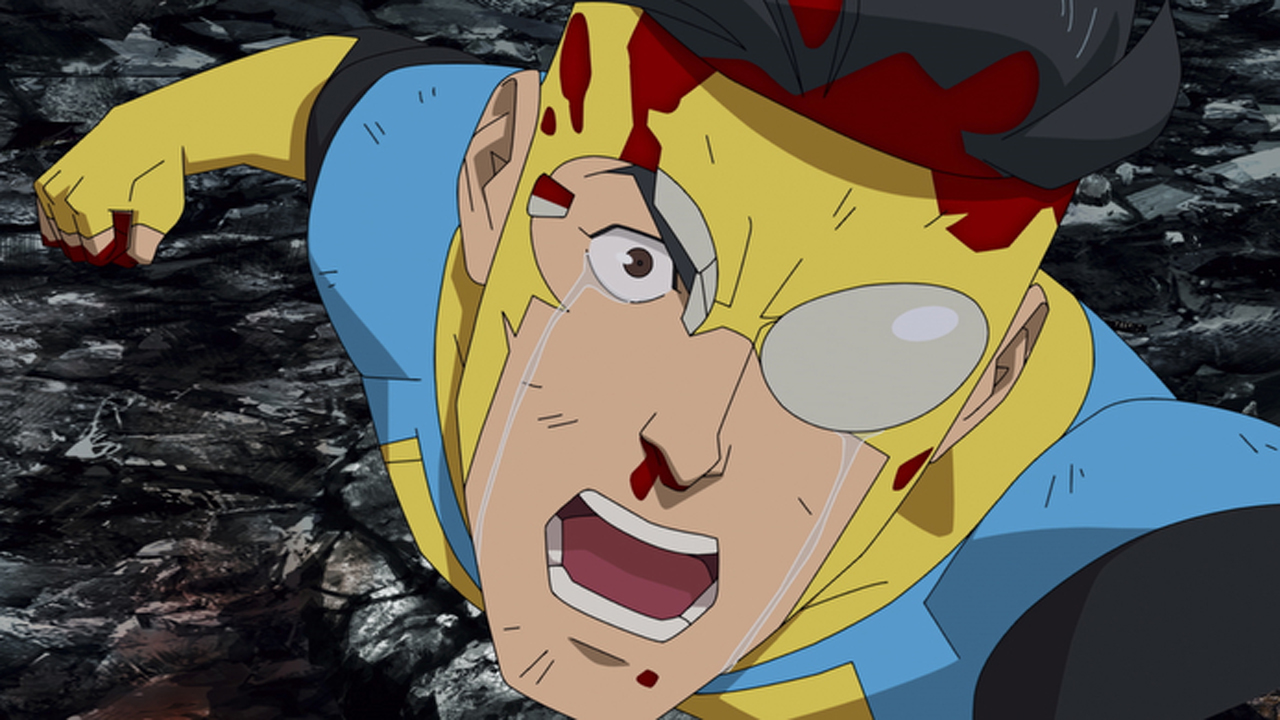10,000 hours. That’s how long, at least according to author Malcolm Gladwell, it’s supposed to take to master a craft. Or, if you’re an AI a matter of months, weeks, or days.
When I read that ChatGPT is now such an adept writer it’s already authored hundreds of books on Amazon’s self-publishing service, I experienced a mini freakout. To be clear, OpenAI’s groundbreaking chatbot is not publishing these tomes on its own. People are working with ChatGPT to develop themes, stories, and chapters for their books.
My immediate reaction was, “I’m doomed.” But as the icy chill of that cold reality receded, I considered something else. Anyone can write and publish a book, and most of them won’t be very good.
Why should we assume that ChatGPT, which is learning from a lot of online writing, can write at, say, Stephen King's level – or even my level?
In addition to writing for technology publications for over 30 years, I've dabbled in fiction – mostly children’s books I’ve written, illustrated, and published on the Kindle self-publishing platform KDP.
So, what’s taken me decades to achieve, ChatGPT has done in a matter of months.
I won’t lie; I was a little depressed. This flood of AI content will likely overwhelm human product on the same platform. It also destroys the notion of talent, as in something you might need to write a book, publish it and gain some notice. I fully expect a ChatGPT-authored book on The New York Times Best-Seller’s list by the end of the year.
Maybe.
Screenplay by ChatGPT
What occurred to me, as I wallowed in the realization that I may never produce anything good enough to sell more than a single copy to my mother, is that I’d made an assumption.
Who says ChatGPT writing is any good?
In most of my interactions with OpenAI’s platform, I found ChatGPT informative, smart, polite, funny, and occasionally off-base. But I never marveled at its wordsmithing.
To test my theory, I decided to ask ChatGPT to help me write a movie script. I gave it a very brief synopsis, some characters, and even a little casting, but otherwise, let it write as it saw fit.
A script requires structure, but also, when it comes to dialogue, a real way with words. It also pushes the envelope on plot. Could ChatGPT reach the level of a must-see, and read, script?
My instructions were for a new Star Trek franchise movie featuring both Captain Picard and Captain Kirk (each played by their originating actors, Patrick Stewart and William Shatner, respectively). The plot would revolve around them time traveling to meet each other and then delivering dilithium crystals to 2023 to be used as a new global energy source. This would set in motion a climate change reversal (in a twist, their actions would enable the creation of The Federation, which means they’re not changing the timeline, just reinforcing it, but I digress). I left all other casting, plot, and action decisions to ChatGPT.
I have to say, ChatGPT totally gets how to write a script with most of the necessary, if skeletal, screen direction. It also did a passable replication of Kirk and Picard’s banter (last seen in the first Star Trek: Generations). Here’s a tiny taste:
KIRK: What's going on here, Picard?
PICARD: I'm not sure, Kirk. We're investigating a space anomaly when you suddenly appeared.
KIRK: Anomaly? That's one way to describe it.
This Computer read all the blogs
The other thing that became clear is that ChatGPT had already absorbed all Trek lore from both the original series and Star Trek: The Next Generation. Its script quickly employed familiar tropes and characters, including the omniscient Q (played by John de Lancie) who sets in motion the quest to save the earth.
It cast Emma Stone as a scientist and later added Idris Elba.
The problem with the first draft was that it was so short it lacked a real second and third act. It seemed to leap from the premise to the conclusion as if it was in a race to get to the end credits.
This was my first indication that writing with ChatGPT is not a case of telling the AI bot what you want and then letting it write the entire thing. Our first script felt like the rough draft you might get from a first-year film student.
I asked ChatGPT to expand the script, add more characters from any of the original two series, and throw in a roadblock in the form of terrorists who try to steal the dilithium crystals before Kirk and Picard can complete their mission.
First, ChatGPT seemed to lose interest and delivered half the script. When prompted, it apologized and spit out the rest. This time, the two captains failed. What kind of Star Trek movie is this? I thought.
I asked ChatGPT to rewrite with the twist of Q taking the captains out of time so they can go back to 5 minutes before terrorists blow up half the crystals and make it impossible for them to complete their mission.
Running out of steam
At this point, ChatGPT seemed to forget it was writing a movie script and just delivered paragraphs of dialogue-free text describing the action. It felt rushed, and like ChatGPT was bored with this exercise and just wanted it to be done.
While I don’t want to post the script in its entirety for fear of unintended copyright infringement, here’s an excerpt from the rushed conclusion:
Together, Kirk, Picard, Emma Stone's character, and the Starfleet officers work to install the dilithium crystals in power plants all over the world, with the ultimate goal of ending the world's dependence on fossil fuels and averting the catastrophic events that would have led to Earth's demise.
As they work, Kirk and Picard find themselves in a strange new world, one where they are surrounded by strange technology and unfamiliar customs. They have to navigate 21st-century New York City, blending in with the locals and adapting to a world that is vastly different from the one they know.
Ultimately, I didn’t end up with a usable script, which was a relief.
It’s not just that ChatGPT isn’t much of a writer, it also lacks the energy and determination to create content at scale. ChatGPT has no burning ambition to be an author – it has no ambition at all. Someone who wants to write a novel or screenplay can’t simply run out of steam. Even as a collaborator, ChatGPT is lacking. Its prose and ideas devolved in quality and maturity. I could sense that it had run out of ideas, which is why it kept trying to wrap up the story early.
This is not the profile of a future, great author.
I have a feeling that whatever ChatGPT is helping people publish is mostly, well, garbage, and human authors and screenwriters are safe – for now.
